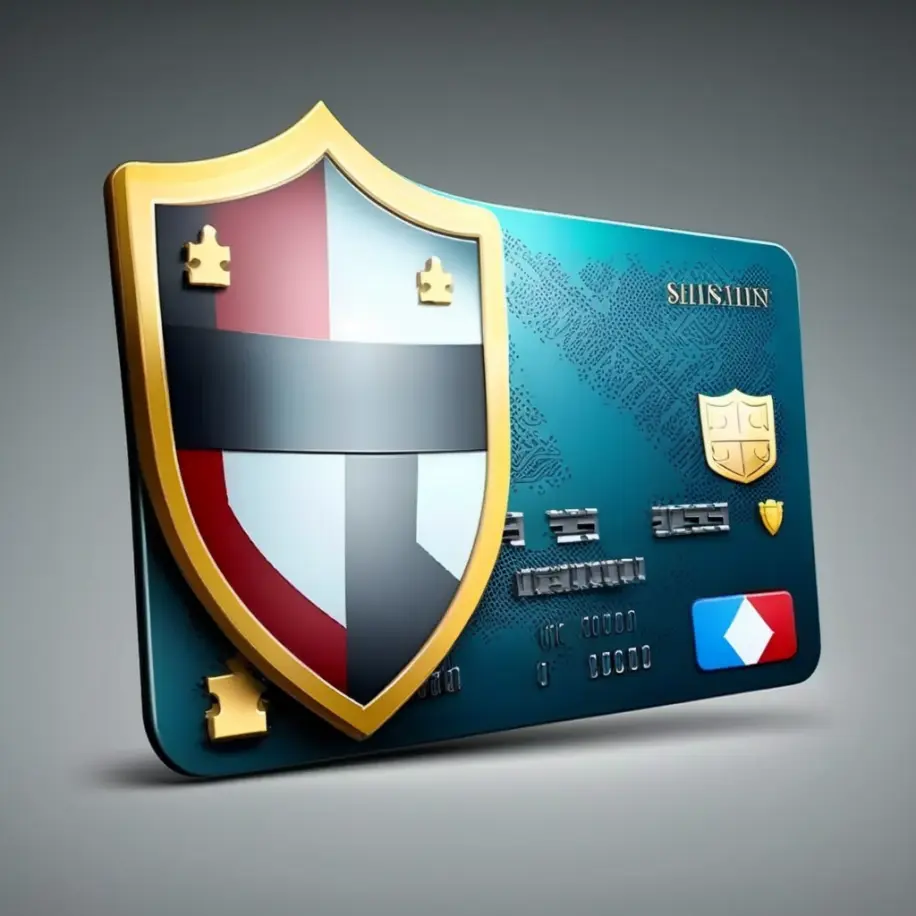Understanding Chargebacks: Protecting Your Finances and Resolving Disputes
- By Irmin Corona
- No Comments
- English
- Read Time 4.30 Min

Table of Contents
1. What Are Chargebacks, and How Do They Work?
Have you ever purchased online or with your credit card, only to find something wrong? The product you ordered didn’t arrive, or the charge on your card was higher than expected. In such cases, it can be tempting to dispute the payment with your bank. This process is called a credit card chargeback and is essential for consumers to protect their financial interests.
Simply put, a credit card chargeback is a refund that your bank initiates. You can use a chargeback for fraud, non-delivery of goods, or unsatisfactory products or services. If you have a problem with a purchase, you can contact your bank and request a chargeback. Your bank will review the transaction and determine your eligibility for a refund.
In summary, credit card chargebacks are essential for consumers to protect their financial interests. By protecting against fraud and resolving disputes with merchants, chargebacks help consumers store with peace of mind. If you have a problem with a purchase, you can contact your bank and request a credit card chargeback.
What is a merchant?
A merchant is a business or individual who sells goods or services to customers and accepts payments for those goods or services.
Merchants can range from small businesses, such as local shops or online stores, to large corporations, such as airlines or retailers. Examples of merchants:
- Online retailers such as Amazon, eBay, and Etsy
- Stores such as Walmart, Target, and Best Buy
- Restaurants, cafes, and other food service businesses
- Airlines and travel agencies
- Subscription-based services such as Netflix and Spotify
- Service providers such as plumbers, electricians, and contractors
To accept customer payments, merchants typically need a merchant account with a bank or payment processor. This account enables them to process credit and debit card transactions and receive compensation for goods or services.
Merchants also have responsibilities regarding financial transactions, including providing excellent customer service, maintaining secure payment processing systems, and resolving customer disputes promptly and fairly.

2. Chargeback Reason Codes: Understanding the Basics
To categorize the reason for a chargeback, we use chargeback reason codes. Each code corresponds to a specific issue, such as fraud, processing errors, or authorization failures. By understanding chargeback reason codes, merchants can identify the root cause of chargebacks and take steps to prevent them from happening.
Some standard chargeback reason codes include:
- Fraudulent transactions: when a cardholder disputes a purchase they did not authorize.
- Non-receipt of goods or services: when a cardholder does not receive the goods or services they paid for.
- Processing error: when a transaction is processed incorrectly, resulting in an incorrect or double charge.
- Authorization failure: when a transaction is declined or not authorized by the card issuer.
- Unrecognized charge: when a cardholder does not recognize a payment on their account.
3. Fraud Prevention Strategies for Merchants
Merchants can take several steps to prevent fraud and reduce the risk of chargebacks. Some common fraud prevention strategies include:
- Verifying cardholder information: Merchants should verify the cardholder’s details, such as their name and address, to ensure that it matches the information on file with the card issuer. ( A common practice in Latin America)
- Using fraud detection tools: Merchants can use fraud detection tools, such as address verification systems and card verification codes, to detect and prevent fraudulent transactions.
- Responding to retrieval requests: Merchants should react promptly to retrieval requests, which are requests for additional information about a transaction.
- Providing excellent customer service: Merchants should provide excellent customer service to ensure that cardholders are satisfied with their purchases and are less likely to dispute a transaction.

4. Your Rights as a Cardholder: Using Chargebacks to Protect Your Finances
As a cardholder, you have the right to dispute a transaction and request a chargeback if you are a victim of fraud or have received defective goods or services. To initiate a chargeback, you should contact your bank and provide them with information about the transaction, such as the date, amount, and merchant name.
It’s important to note that chargebacks should not use frivolously. Merchants may be subject to fines and other penalties when chargebacks occur, so it’s essential to use chargebacks only when there is a legitimate reason to do so.
5. The Implications of Chargebacks for Merchants: Rights and Responsibilities
Merchants may be subject to fines and other penalties when chargebacks happen.
However, merchants also have rights and responsibilities when it comes to chargebacks. Merchants can dispute chargebacks and provide evidence to support their case.
Merchants are also responsible for providing excellent customer service and taking steps to prevent chargebacks from happening in the first place.
To help merchants better understand chargebacks and their rights and responsibilities, I provided a table below that summarizes some vital information:
| Chargeback Reason Code | Description | Merchant Responsibility |
|---|---|---|
| 10.1 | EMV Liability Shift Counterfeit Fraud | Cardholder has a chip card, and someone made a fake copy |
| 13.1 | Goods/Services Not Received | Provide proof of delivery or evidence of service |
| 12.5 | Incorrect Amount | An error was made when entering numbers manually |
| 12.6.1 | Duplicate Processing | Merchant attempts to submit multiple charges at once |
| 11.3 | No Authorization | Transaction processed without attempting authorization |
To learn more about different types of Reason Codes, click on the following links:
Conclusion
Merchants should understand that chargebacks can have significant implications for their business. While chargebacks can be a helpful tool for consumers to protect their finances, they can result in fines and other penalties for merchants. By preventing chargebacks from happening, such as providing excellent customer service and ensuring that goods and services are delivered as promised, merchants can reduce their risk of financial losses.
As a cardholder, initiating a chargeback is required only for a legitimate reason. By first attempting to work directly with the merchant to resolve any disputes or issues, you can reduce the number of chargebacks and improve the overall customer experience.
This article has provided a more comprehensive understanding of Chargebacks and their functioning. Please do not hesitate to contact your bank or payment processor with any additional inquiries or concerns.


